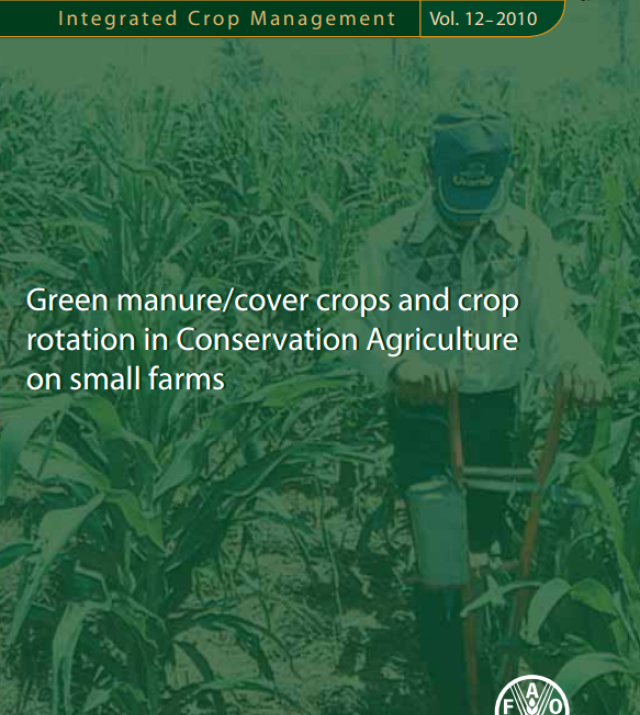
Integrated Crop Management—Conservation Agriculture and Sustainable Crop Intensification in Lesotho

The present case study reviews and analyses the information collected under a baseline survey, undertaken in Lesotho with the aim to assess the potential costs and benefits associated with the adoption of a planting basins system, locally called likoti. The study’s main objective is to illustrate the impact of conservation agriculture on crop production intensification, with a special emphasis given to aspects of sustainability such as social, economic and environmental.
In recent years, the spread of conservation agriculture (CA) has revealed to be a sustainable way to intensify crop production and sustain rural livelihoods in several African countries. Indeed, the potential benefits associated with the use of conservation farming practices are many. Long-term yield increase and output stability can be achieved while at the same time stopping and reversing land degradation. Larger outputs are often obtained by employing relatively fewer inputs, thereby reducing costs. Compared to conventional tillage methods, CA thus leads to higher net profitability, greater environmental sustainability and – especially important in Africa – higher food security. Furthermore, conservation farming techniques which rationalize the use of labour are particularly helpful in those rural areas where migration and health emergencies have reduced the labour supply and contributed to the increasing “feminization” of the agricultural sector (a comprehensive discussion of the advantages and disadvantages associated with the use of conservation agriculture in Africa is provided in Annex I).

